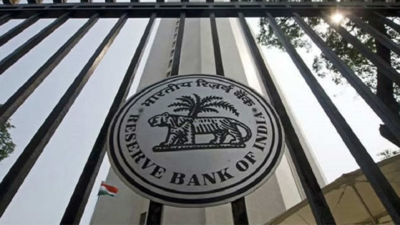
The Reserve Bank of India (RBI) has called for financial institutions to adopt risk-based supervision, zero-trust cybersecurity frameworks and AI-aware defence strategies to counter the rising threat of cyberattacks and financial frauds in the digital ecosystem.In its bi-annual Financial Stability Report (FSR) released Monday, the RBI warned that the increasing use of digital financial services, cloud infrastructure and interlinked platforms across sectors has greatly widened the attack surface for cybercriminals. It also flagged a growing risk of social engineering and phishing scams being powered by generative AI tools such as deepfakes.“The expanding scale of digital financial services, cloud-based infrastructure and interconnected systems across sectors has exponentially increased the cyberattack surface,” the RBI said in the report, PTI reported.The central bank stressed that given the systemic interdependence between financial institutions and technology service providers, building cyber resilience is critical to maintaining public trust, systemic stability, and ensuring uninterrupted operations. It further warned that overreliance on a few major cloud and IT vendors has led to vendor lock-ins and concentration risks, making the ecosystem more fragile.“Cybersecurity resilience will depend on the Security Operations Center (SOC) efficacy, risk-based supervision, zero-trust approaches and AI-aware defence strategies,” the RBI said.To mitigate such threats, the RBI recommended:
- Graded monitoring mechanisms
- Use of behavioural analytics for threat detection
- Simulation-based resilience drills like Continuous Assessment-Based Red Teaming (CART)
- Uniform incident reporting frameworks
The FSR also highlighted that the rise in digital transactions, though beneficial, has been accompanied by a surge in financial frauds.The report represents the collective assessment of the Sub-Committee of the Financial Stability and Development Council (FSDC) on risks to financial stability. It said regulators are increasingly aligned with efforts to secure the digital ecosystem by focusing on digital fraud prevention, secure lending, and mutual fund reforms.














